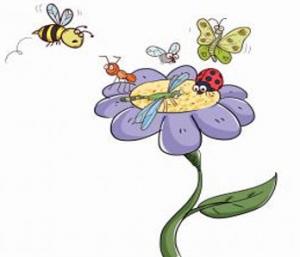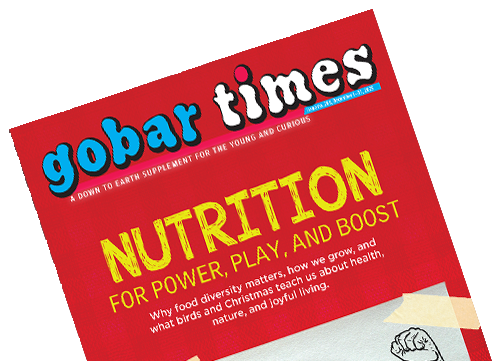
Junk lovers, welcome a new addition to the group—the bees. Pollen is the only natural source of protein for bees, but every day it is becoming starchier—thanks to the increasing carbon dioxide in the atmosphere, which is sapping the nutritional quality of pollen. Bees need adequate proteins to feed their larvae and maintain their immune systems; some bees store pollen to tide through winters.

This is the age of hard sell: everything that is or can be on sale, is being sold aggressively through promotions, advertisements, media campaigns, claims of how good the product is, what health benefits it supposedly has, etc... and that also goes for the food that we eat.

The 'buzzy' bees are best at their pollination jobs but they are all set to face serious competition from other insects. According to a new study, insects like flies, wasps, butterflies, moths, ants, thrips and beetles are also effective pollinators of certain crops of global importance. These insects have an added advantage too—they are resistant and less sensitive to environmental changes, scientists say.

